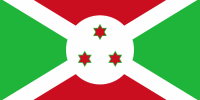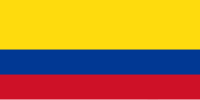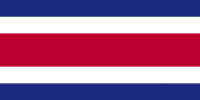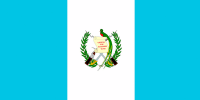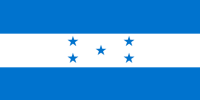FRUITY, FLORAL, COMPLEX
ethiopia Coffee Beans
Ethiopia coffee beans are celebrated for their bright, complex flavors, floral aromas, and wine-like fruitiness. Expect lively acidity, medium body, and distinctive regional profiles that make Ethiopian coffee truly unforgettable.
ETHIOPIA: THE ORIGIN OF COFFEE’S STORY
Ethiopia is more than a coffee origin … it’s where coffee’s story began. From the legendary discovery of its energizing cherries to its role in everyday life today, Ethiopia continues to captivate coffee lovers around the globe. The country’s dramatic highlands, fertile soil, and countless heirloom varietals create beans unlike any other, bursting with fruit-forward flavors, floral aromas, and bright, lively acidity. Each region — from Yirgacheffe to Sidamo and Harrar — offers its own unforgettable profile, making Ethiopian coffee one of the most diverse and exciting to explore. At That’s Coffee, we roast Ethiopian beans to highlight their vibrant complexity.
On all US orders
Roasted daily in small batches
Largest selection of online coffee
Showing 9–12 of 12 resultsSorted by average rating
-

After Dinner Blend Coffee Beans
Price range: $12.95 through $89.95Select options This product has multiple variants. The options may be chosen on the product page -

Gourmet Mocca Java Coffee Beans
Price range: $13.95 through $94.95 — available on subscriptionSelect options This product has multiple variants. The options may be chosen on the product page -

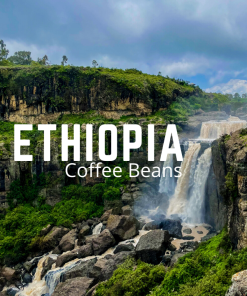
Ethiopian Longberry Harrar Coffee Beans
Price range: $13.95 through $97.95 — available on subscriptionSelect options This product has multiple variants. The options may be chosen on the product page -


Decaf Ethiopian Longberry Harrar Coffee
Price range: $13.95 through $97.95 — available on subscriptionSelect options This product has multiple variants. The options may be chosen on the product page
Why Our Customers Love Our Ethiopia Coffee
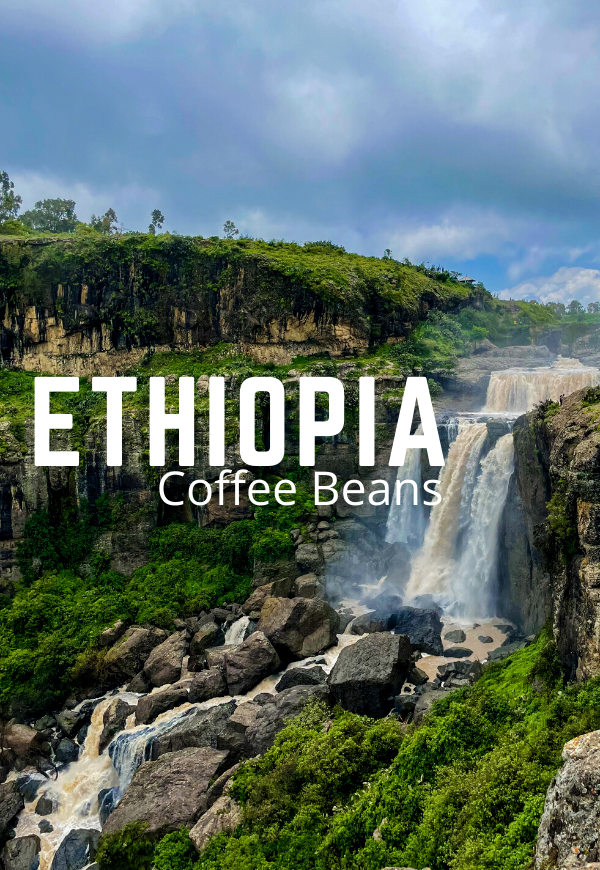
Characteristics of Coffee Beans from Ethiopia
Flavor Profile: Ethiopian coffee often features bright citrus, berry, and wine-like flavors paired with floral notes. Each region offers a distinct profile, ranging from fruity and juicy to tea-like and delicate.
Processing Methods: Ethiopia is known for both natural (sun-dried) and washed (wet-processed) coffees. Natural processing yields fruity, wine-like flavors, while washed coffees highlight floral clarity and crisp acidity.
Body & Acidity: Expect light to medium body with lively, sparkling acidity. Ethiopian beans are vibrant and refreshing, often described as clean and complex on the palate.
Aroma: Aromatic notes include jasmine, bergamot, and sweet citrus, often accompanied by berry or stone fruit fragrances that enhance the drinking experience from the first pour.

Ethiopia Coffee Snapshot
Global Rank: Ethiopia is the #7 coffee producer worldwide.
Annual Production: Approximately 6–7 million 60-kg bags per year.
Key Growing Regions: Yirgacheffe, Sidamo, Harrar, Limu, and Guji.
Altitude Range: 1,500 – 2,200 meters (5,000 – 7,200 feet) above sea level.
Harvest Season: October to February, varying by region and altitude.
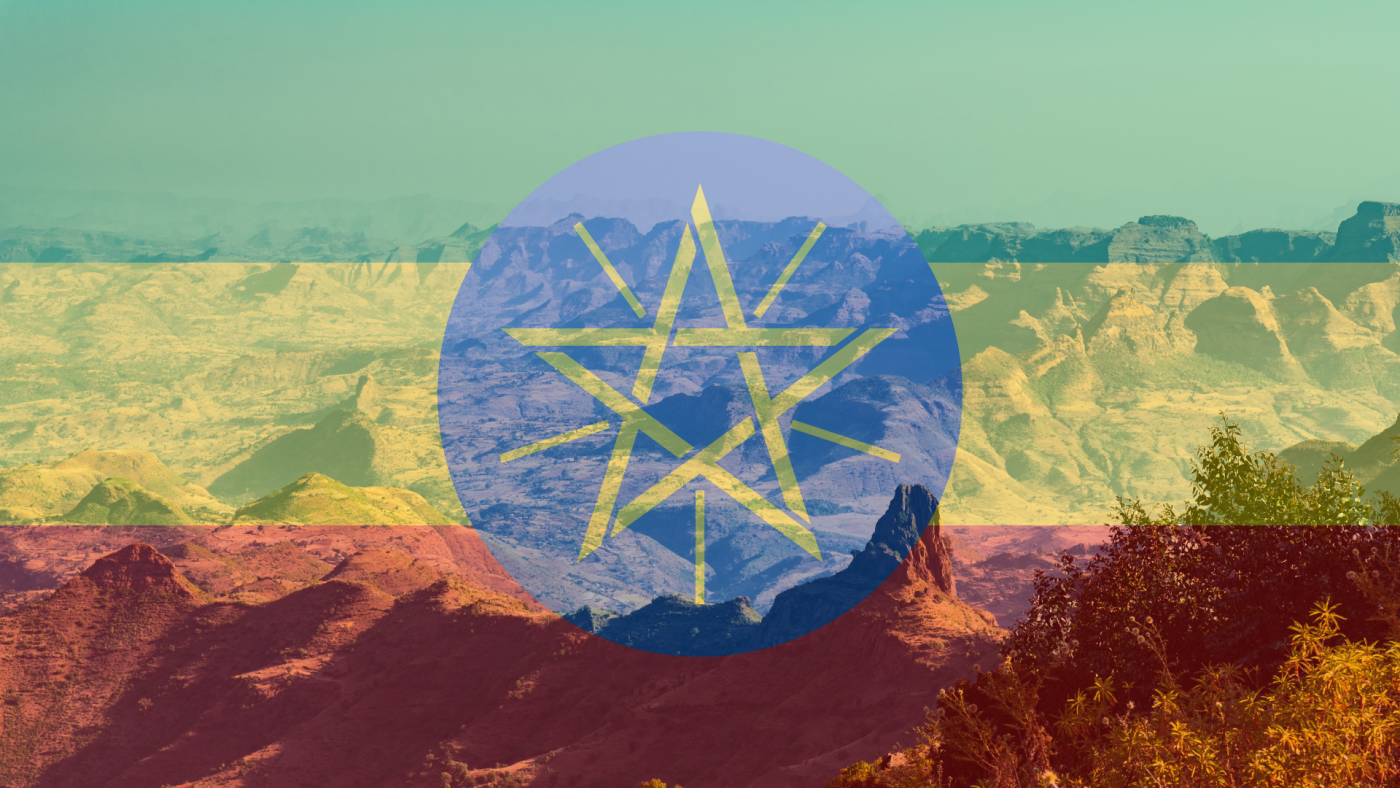
From Tradition to Today: Coffee in Ethiopia
Ethiopia holds a special place in coffee history as the birthplace of Arabica. According to legend, a goat herder named Kaldi first discovered the energizing effects of coffee cherries in the 9th century. Since then, coffee has become deeply embedded in Ethiopian culture, not only as a crop but as a social tradition.
The Ethiopian coffee ceremony remains a cornerstone of community life, where green beans are roasted, ground, and brewed in a jebena (traditional clay pot) to be shared among family and guests.
Today, coffee is one of Ethiopia’s most important exports, supporting millions of smallholder farmers who grow beans on highland farms using traditional methods. Ethiopia’s unique geography and variety of heirloom coffee plants produce a dazzling range of flavors, from fruity and floral to rich and wine-like. For both locals and global coffee lovers, Ethiopian coffee is truly a cultural and sensory experience.
FAQs About Ethiopian Coffee Beans
Thinking of trying Jamaican coffee? Here are answers to the most common questions to help you feel confident in your purchase and understand what makes this origin so unique.
Can’t find an Answer?
"*" indicates required fields


